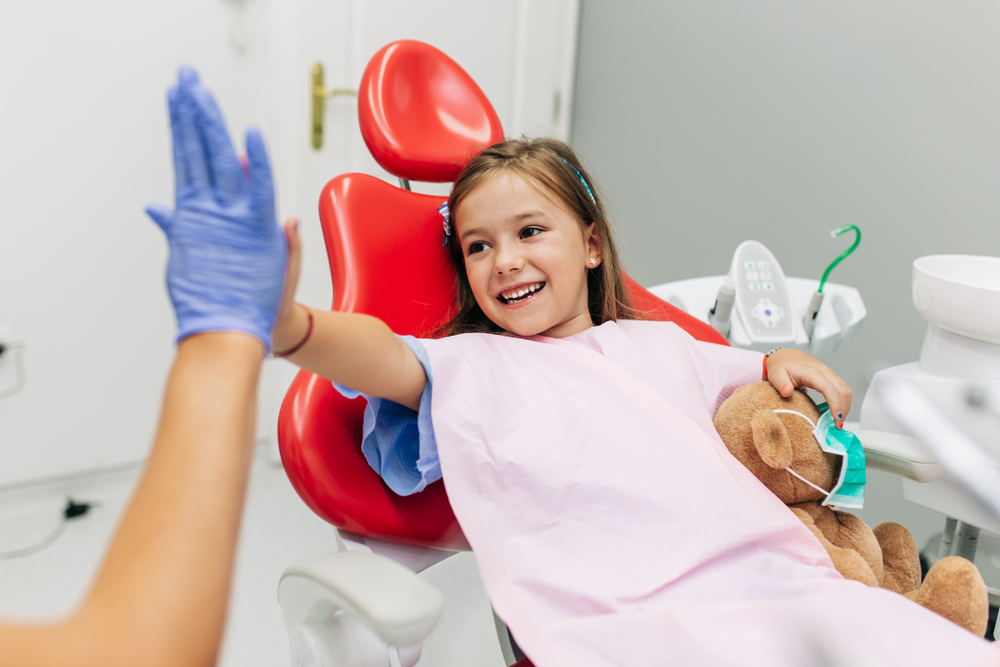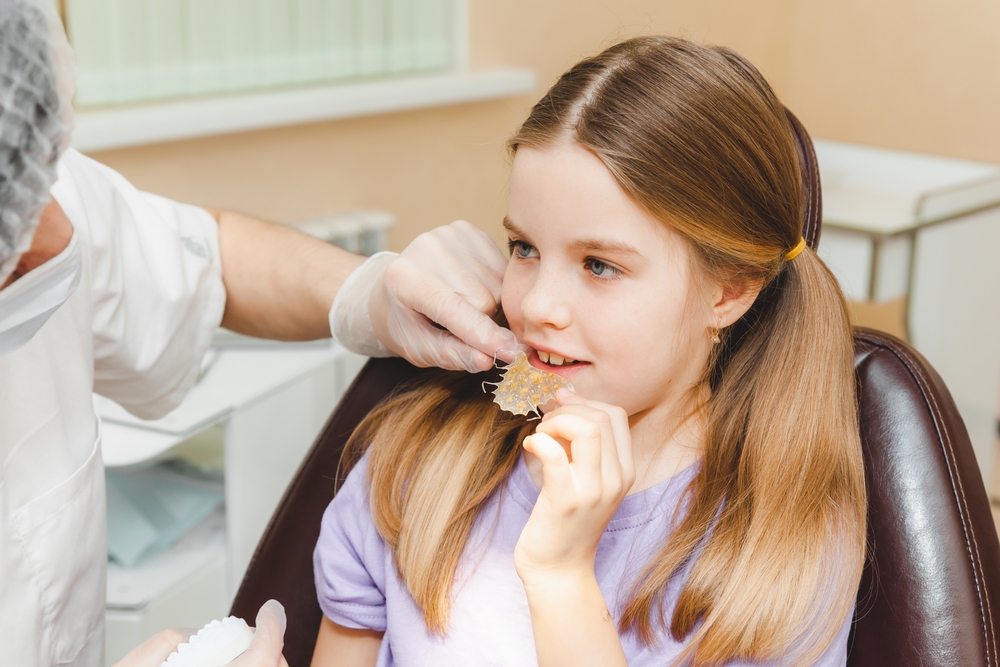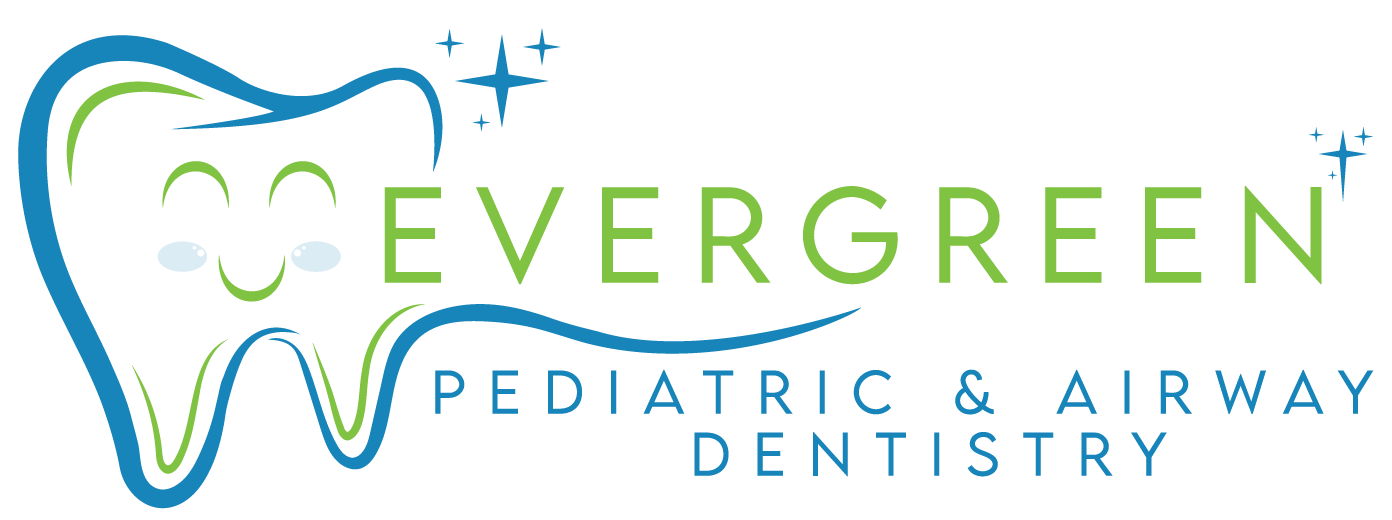How to Prepare Your Child for a Teeth Cleaning Appointment: Tips and Best Practices
Ensuring your child maintains good dental hygiene is crucial for their overall health. Yet, for many parents, the thought of taking their child for a teeth cleaning appointment can be daunting. This blog post aims to demystify the process and provide practical tips on how to prepare your child for a dental visit. By the end, you’ll have the tools to help your child approach their appointment with confidence and ease.
The Importance of Teeth Cleaning for Children
Regular teeth cleaning is essential for children, as it lays the foundation for a lifetime of good oral health. It not only helps prevent cavities, tooth decay, and gum disease but also establishes a routine of oral care that children can carry into adulthood. More than just a routine, these appointments are crucial for the early detection of potential dental issues, allowing for timely intervention and treatment.
Healthy teeth are also important for proper speech development and effective chewing, which can influence a child’s overall nutrition and growth. Beyond physical health, good dental hygiene can positively affect a child’s self-esteem. A healthy smile can significantly boost their confidence in social interactions, helping them feel more comfortable and self-assured in various settings.
Routine dental visits teach children the importance of maintaining their health. During these visits, they learn valuable lessons about brushing, flossing, and the impact of diet on dental health. They understand that taking care of their teeth is just as vital as eating well and exercising, reinforcing the idea that their overall health is interconnected. This lifelong lesson is invaluable, as it fosters a sense of responsibility and awareness about their well-being.
Additionally, parents play a crucial role in modeling good dental habits. By attending dental appointments together and emphasizing the importance of oral hygiene, parents can reinforce these practices at home. This collaborative effort between dental professionals and families creates a supportive environment that encourages children to prioritize their dental health, setting the stage for a lifetime of healthy smiles.

Child Teeth Cleaning
Preparing Your Child Mentally
One of the crucial steps in preparing your child for a dental visit is to address any fears or anxieties they might have. Here are some tips on how to talk to your child to help alleviate their concerns:
- Be Positive and Reassuring: Use positive language when talking about the dentist. Instead of focusing on potential discomfort, emphasize the benefits of having clean, healthy teeth. Assure them that the dentist is there to help and keep their teeth in great shape.
- Explain the Process: Give your child a simple and clear explanation of what will happen during the appointment. You can say, “The dentist will look at your teeth with a little mirror and clean them with a special toothbrush.” Understanding what to expect can help reduce anxiety.
- Read Books or Watch Videos: There are many children’s books and videos that depict characters going to the dentist. These resources can make the experience seem familiar and less intimidating. Choose ones that portray dental visits in a positive light.
- Role Play: Create a mock dental visit at home where you or a stuffed animal play the role of the dentist. This can be a fun and educational way to demonstrate what happens during a teeth cleaning and help your child feel more comfortable.
- Listen and Validate Feelings: Encourage your child to express their feelings and listen to their concerns. Validate their emotions by saying things like, “I understand that you are a little scared, and that’s okay. I’m here with you.”
- Stay Calm and Relaxed: Children often pick up on their parents’ emotions. If you stay calm and relaxed, it will help your child feel the same. Avoid using words that may heighten fear, like “pain” or “hurt.”
By incorporating these tips, you can help your child build a positive attitude toward dental visits and ensure their experience is as smooth and stress-free as possible.
Preparing Your Child Physically
Preparation doesn’t end with addressing mental and emotional concerns; it is also important to prepare your child physically for their dental visit. Here are some steps you can take to ensure they are ready:
- Maintain a Routine: Leading up to the appointment, encourage your child to stick to their regular brushing and flossing routines. This not only keeps their teeth clean but also gets them accustomed to oral care, making the dentist’s cleaning process more familiar.
- Limit Sugary Foods and Drinks: In the days leading up to the appointment, try to minimize your child’s intake of sugary foods and drinks. Sugar can contribute to plaque buildup, making the teeth cleaning process more intensive.
- Pre-Appointment Meal: Ensure your child has a light meal before the appointment. This can help prevent hunger-related discomfort during the visit. However, avoid giving them foods that are sticky or difficult to clean off their teeth, like candy or popcorn.
- Encourage Proper Brushing and Flossing: On the day of the appointment, make sure your child thoroughly brushes and flosses their teeth. This helps the dentist get a clearer picture of their oral health and makes the cleaning process more efficient.
- Bring Comfort Items: If your child has a favorite toy, stuffed animal, or blanket, consider bringing it along. Having something familiar can provide a sense of security and comfort during the visit.
Implementing these physical preparation steps can enhance your child’s overall experience, creating a more pleasant and productive dental appointment. By being proactive, you not only contribute to the effectiveness of the visit but also help build a positive routine that emphasizes the importance of dental care.

Pediatric Dentistry
Choosing the Right Pediatric Dentist
Selecting the right pediatric dentist for your child is a pivotal step in ensuring a positive dental care experience. Here are some factors to consider when making this important decision:
- Specialized Training: Pediatric dentists receive additional training beyond dental school, focusing specifically on the oral health needs of children. Ensure that the dentist you choose has the appropriate credentials and experience in pediatric dentistry.
- Child-Friendly Environment: A welcoming and child-friendly office can make a significant difference in how comfortable your child feels during their visit. Look for a dental practice that offers a cheerful atmosphere, complete with colorful décor, toys, and books designed for children.
- Positive Reviews and Recommendations: Seek recommendations from friends, family, or your child’s pediatrician. Additionally, read online reviews to gauge the experiences of other parents and children. Positive feedback can provide reassurance about the dentist’s ability to handle young patients effectively.
- Communication Skills: A good pediatric dentist should be able to communicate effectively with both you and your child. They should be patient, approachable, and capable of explaining dental procedures in a way that is easy for your child to understand.
- Preventative Focus: Choose a dentist who emphasizes the importance of preventive care and educates both you and your child on maintaining good oral health. Preventive measures can help avoid more complex dental issues in the future.
- Emergency Procedures: Inquire about the dentist’s policies and procedures for handling dental emergencies. Knowing that the dental practice is equipped to manage unexpected issues can provide peace of mind.
- Comfort and Interaction: During an initial visit, observe how the dentist and staff interact with your child. They should make an effort to build rapport and ensure your child feels at ease. A compassionate and understanding approach can make a world of difference for anxious children.
By carefully considering these factors, you can select a pediatric dentist who is well-suited to meet your child’s specific needs. Establishing a positive relationship with a trusted dental professional can lay the foundation for a lifetime of good oral health habits and a positive attitude towards dental care.
What to Expect During the Appointment
During a dental appointment, it can be reassuring to know what to expect so both you and your child can feel prepared. Here is a typical flow of events that may occur during a pediatric dental visit:
- Greeting and Check-In: Upon arrival, you will be greeted by the dental staff and asked to check in. This is also the time to provide any necessary paperwork or insurance information.
- Initial Examination: The dentist or dental hygienist will start with a brief conversation to make your child feel comfortable, followed by an initial examination of your child’s mouth. This may include checking for cavities, examining their bite, and assessing overall oral health.
- Cleaning and Polishing: The dental hygienist will clean your child’s teeth, removing plaque and tartar build-up. The cleaning process is usually followed by polishing the teeth, which helps remove surface stains and leaves the teeth feeling smooth and clean.
- X-Rays: Depending on your child’s age and oral health, the dentist may take X-rays to get a better view of their teeth and jawbone. X-rays can help detect issues that may not be visible during the initial examination.
- Fluoride Treatment: To help protect your child’s teeth from cavities, the dentist may apply a fluoride treatment. This treatment is quick and painless and involves painting a fluoride varnish onto the teeth.
- Discussion and Guidance: After the examination and treatments, the dentist will discuss their findings with you and your child. They will provide guidance on maintaining good oral hygiene, answer any questions you may have, and may recommend further treatments if necessary.
- Setting Future Appointments: Finally, you will have the opportunity to schedule your child’s next dental appointment. Regular check-ups are important for maintaining optimal oral health.
By knowing what to expect during the dental appointment, you can help your child feel more at ease and ensure that the visit goes smoothly. With the right preparation and understanding, dental visits can become a positive and stress-free part of your child’s health care routine.

Child Oral Health Care
Aftercare: Maintaining Good Dental Hygiene at Home
Maintaining good dental hygiene at home is crucial for preserving your child’s oral health between dental visits. Establishing a consistent routine can prevent cavities, gum disease, and other dental issues. Here are some tips to help maintain your child’s dental hygiene at home:
- Regular Brushing: Encourage your child to brush their teeth at least twice a day, in the morning and before bedtime. Use a fluoride toothpaste and a soft-bristled toothbrush suitable for their age. Ensure they brush for at least two minutes, covering all surfaces of the teeth.
- Proper Technique: Teach your child the correct brushing technique: holding the toothbrush at a 45-degree angle to the gums and using gentle, circular motions. Brushing too hard can damage the enamel and gums, so it’s important to emphasize a soft touch.
- Flossing Daily: Help your child floss daily to remove food particles and plaque from between the teeth. Flossing should be done carefully to avoid injuring their gums. For younger children, you may need to assist them until they develop the dexterity to do it themselves.
- Healthy Diet: A balanced diet plays a significant role in maintaining oral health. Limit sugary snacks and drinks, as sugar can lead to tooth decay. Encourage your child to eat plenty of fruits, vegetables, and dairy products, which can help strengthen their teeth.
- Hydration: Make sure your child drinks plenty of water throughout the day. Water helps wash away food particles and bacteria, reducing the risk of cavities. It’s especially beneficial if your local water supply is fluoridated.
- Mouthguard Protection: If your child participates in sports, ensure they wear a mouthguard to protect their teeth from injury. Mouthguards can be custom-fitted by your dentist or purchased over the counter.
- Regular Check-ups: Schedule and keep regular dental appointments for your child. Consistent check-ups allow the dentist to monitor your child’s oral health and catch any potential issues early.
By incorporating these practices into your daily routine, you can help your child develop lifelong habits that promote good oral health. Consistent home care, coupled with regular dental visits, is the key to maintaining a healthy and happy smile.
Conclusion
Remember, finding a pediatric dentist who understands and caters to your child’s unique needs is crucial in establishing a positive relationship with dental care. By knowing what to expect during the appointment and maintaining good dental hygiene at home, you can set your child up for a lifetime of healthy teeth and gums. With the right care, your child can have a positive attitude toward dental visits and maintain optimal oral health throughout their life. Don’t hesitate to reach out to your child’s pediatric dentist if you have any questions or concerns about their oral health. Together, you can work towards creating a bright and confident smile for your child.
Evergreen Pediatric Dentistry
https://www.google.com/maps?cid=14720788683151219551
12910 Totem Lake Blvd NE #103, Kirkland, WA 98034, United States
(425) 814-3196
https://evergreenkidsdentist.com/


